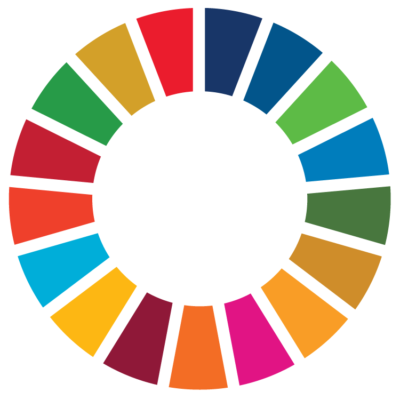A blog by Daria Sievers, Clinical and Forensic Social Worker, California, attending CSW63 for the first time as a delegate representing Soroptimist International of Marin County.
‘Advancing Women’s Health and Well-Being Across the Life Course: Focus on Non-Communicable Diseases (NCDs) and Universal Health Coverage’.
 “The Sustainable Development Goals (SDGs) are a universal call to action to end poverty, protect the planet and ensure that all people enjoy peace and prosperity. Born at the United Nations Conference on Sustainable Development in 2012, the objective of the SDGs was to produce a set of universal goals that meet the urgent environmental, political and economic challenges facing our world.”[1]
“The Sustainable Development Goals (SDGs) are a universal call to action to end poverty, protect the planet and ensure that all people enjoy peace and prosperity. Born at the United Nations Conference on Sustainable Development in 2012, the objective of the SDGs was to produce a set of universal goals that meet the urgent environmental, political and economic challenges facing our world.”[1]
Goal 5: Achieve gender equality and empower all women and girls is one goal that intersects all 17 SDGs. It is through the lens of gender equality and the intersection with Goal #3: Good Health and Well-being, that Dr. Nalini Saligram joined a panel of renowned experts to discuss the global impact of Non-Communicable Diseases (NCDs) at the UN CSW63 side event “Advancing Women’s Health and Well-Being Across the Life Course: Focus on Non-Communicable Diseases (NCDs) and Universal Health Coverage”.
NCDs like diabetes, heart disease, cancer, chronic lung diseases, and depression are among the biggest health and development challenges of the century. As a mental health professional who treats women and girls with depression, and one who has experienced personally the devastating effects of depression in my own family, I was all ears at the UNCSW63 side event focusing on prevention.
The World Health Organization (WHO) has made clear:
“Depression is a common illness worldwide, with more than 300 million people affected… It can cause the affected person to suffer greatly and function poorly at work, at school and in the family. At its worst, depression can lead to suicide. Although there are known, effective treatments for depression, fewer than half of those affected in the world (in many countries, fewer than 10%) receive such treatments.” [2]
Dr. Saligram emphasized the importance of combating the stigma associated with mental illness and the necessity of routine screening for depression by primary care physicians.
In the same way that your doctor asks how much exercise you get, how much alcohol you consume, and if you feel safe in your home, she would also ask about your mood, the quality of your everyday life and your social support network.
So when the FDA announced this week that a fast acting (within 48 hours) drug, Zulresso (brexanolone), received federal approval to treat post-partum depression, I and other women around the globe were gleeful. That is, we were gleeful – until we learned that one dose of the drug would cost $34,000.00 – and that doesn’t include the costs of staying in a medical center for two and a half days to administer the medication.
So why are drug manufacturers charging so much for medicine sorely needed for suffering women? Panel member Dr. Werner Oberlindober of the World Health Organization named it: Because they can. The sad truth is that private drug manufacturers and privatized health care are motivated by financial gain. According to the WHO, 100 million people a year are pushed into poverty as a result of paying for healthcare.[3] And women are disproportionately affected.
The United Nations recognizes the critical role of health and well-being in achieving international development goals. It calls for countries, civil society and international organizations to include universal health coverage in the international development agenda. And as long as privatized health care drives decision-making in healthcare, women and girls, as well as their loved ones, will continue suffer”.
[1] https://www.un.org/sustainabledevelopment/sustainable-development-goals/
[2] https://www.who.int/news-room/fact-sheets/detail/depression
[3] https://www.who.int/news-room/detail/20-02-2019-countries-are-spending-more-on-health-but-people-are-still-paying-too-much-out-of-their-own-pockets

